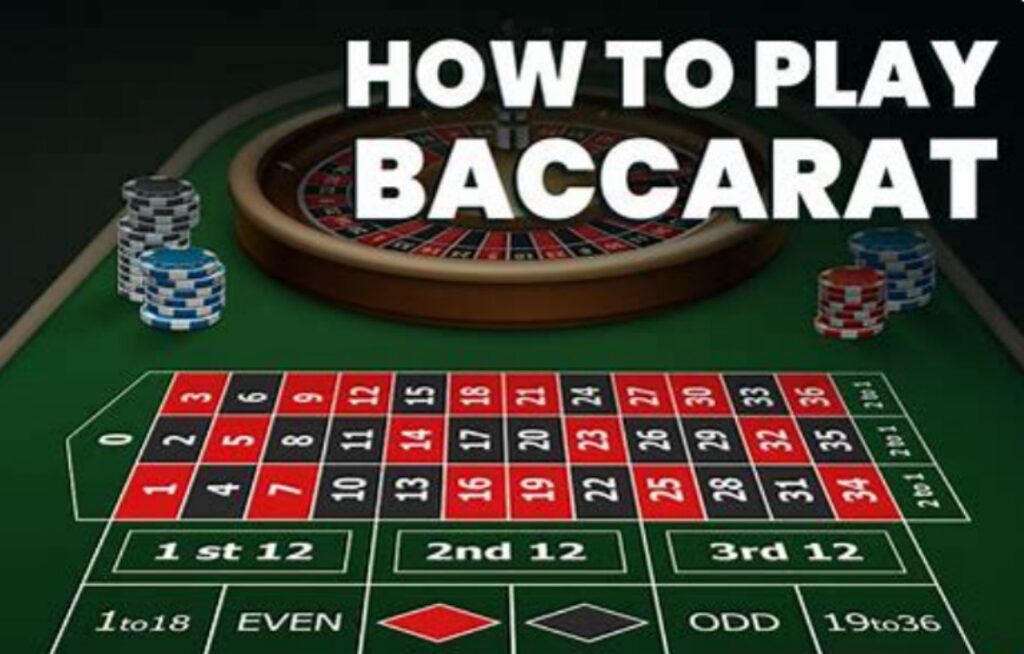Baccarat, the game of high stakes and even higher drama, has long captured the imagination of writers and readers alike. With its elegant simplicity and the aura of exclusivity, Baccarat (In Thai it is called บาคาร่า https://letaoli.com) has found its way into the pages of literature, serving as a backdrop for tales of intrigue, chance, and the human condition. This exploration of Baccarat in literature is a journey through the ages, examining the game’s literary significance and the stories it has inspired.
Baccarat as a Symbol of Opulence
In the world of literature, Baccarat often stands as a symbol of wealth and luxury. It’s a game for those who can afford to wager and lose, a pastime of the elite that speaks to the opulent lifestyle of high society. From the glittering casinos of Monte Carlo to the private gambling dens of 19th-century novels, Baccarat is the game that whispers of extravagance and the good life.
The game’s association with luxury is not just about the money; it’s about the lifestyle it represents. Baccarat is a game played by those who appreciate the finer things in life, a symbol of sophistication and refinement that adds depth to the characters and settings in which it appears.
A Game of Chance and Fate
Baccarat’s role in literature often revolves around the theme of chance and fate. The game’s outcome, determined by the turn of a card, mirrors the unpredictability of life itself. Characters who play Baccarat are often grappling with their own destinies, their lives hanging in the balance as they place their bets.
The game serves as a metaphor for the uncertainties of life, a narrative device that allows authors to explore the human response to risk and the consequences of the choices we make. Whether it’s a character’s downfall or a twist of fortune, Baccarat in literature is a game of fate as much as it is a game of cards.
The Psychological Duel of Baccarat
Beyond the material stakes, Baccarat in literature often represents a psychological duel between the player and the house, between the player and themselves. The game’s simple mechanics belie the complex interplay of emotions, strategies, and intuition that can occur during a hand of Baccarat.
Authors use Baccarat to delve into the minds of their characters, exploring themes of self-control, addiction, and the psychology of gambling. The game becomes a mirror reflecting the inner turmoil and desires of the players, a tool for revealing the true nature of a character under pressure.
The Social Dynamics of Baccarat
In literature, Baccarat is not just a game; it’s a social event. It’s a setting where characters interact, negotiate, and form alliances or rivalries. The game table becomes a microcosm of society, reflecting the dynamics of power, class, and social standing.
The social aspect of Baccarat in literature is a window into the relationships between characters. It’s a space where alliances are tested, secrets are revealed, and the social order is either reinforced or challenged. The game serves as a catalyst for interaction, driving the narrative forward and deepening the connections between characters.
The Glamour and Mystery of Baccarat
The allure of Baccarat in literature is often tied to its glamorous and mysterious image. It’s a game shrouded in an air of secrecy and intrigue, a place where the high-stakes gambler and the enigmatic stranger meet.
This mystique adds a layer of suspense to the stories in which Baccarat appears. It’s a game that promises excitement and danger, a place where fortunes can be won or lost in the blink of an eye. The glamour and mystery of Baccarat capture the imagination, making it a compelling setting for tales of adventure and suspense.
The Cultural Impact of Baccarat in Literature
The presence of Baccarat in literature has had a significant impact on the game’s cultural perception. It has helped to shape the public’s image of Baccarat as a game of the elite, a symbol of wealth, and a playground for the daring.
Through its portrayal in novels, plays, and films, Baccarat has become ingrained in our cultural consciousness. It’s a game that is often referenced and recognized, even by those who have never played it. The cultural impact of Baccarat in literature has elevated the game to iconic status, making it a fixture in our collective imagination.
Conclusion
Baccarat’s journey through literature is a testament to the game’s timeless appeal and its ability to captivate the human imagination. As a symbol of opulence, a metaphor for chance and fate, a psychological duel, a social event, and a source of glamour and mystery, Baccarat has found a place in the hearts of readers and writers alike.
The game’s literary significance extends beyond the cards themselves, becoming a narrative device that enriches stories and deepens characters. Whether it’s the thrill of the game or the emotions it evokes, Baccarat in literature is a celebration of the game’s enduring legacy and its power to inspire the stories we love.

